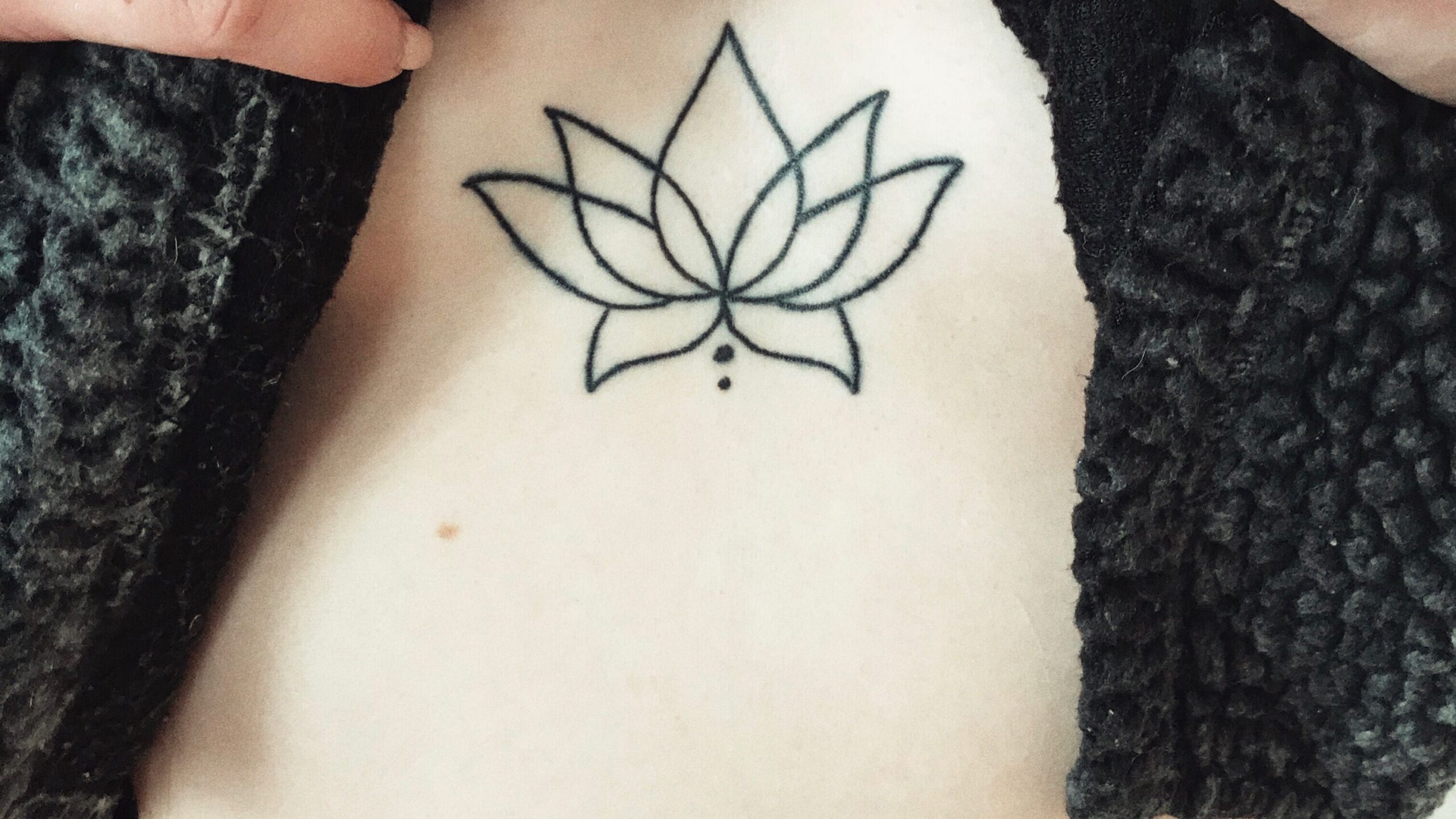
Expiry Dates
Multiple factors are involved here, and this should all be carefully considered before beginning a tattoo session. Tattoo ink from reputable manufacturers typically has an expiration date of two years; this may vary slightly depending on storage conditions and storage methods. Reputable brands will always display an expiration date on their label so anyone can easily confirm whether their ink is still safe to use.
One of the leading causes of tattoo ink failure is contamination. Contaminated ink may increase your risk for infections such as Staph or Strep. Tattoo ink can become unusable for tattooing due to liquid evaporation from inside it, leading to too thin ink consistency for tattooing and possibly dull results. Using old ink can have similar negative consequences as using ink that has gone bad: its liquid components evaporate. This results in flat results from using old ink.
Infections
tattoos carry with them a risk of infection due to various reasons. One of the primary causes is contaminated ink or dirty tools used by your artist; even if these have been sterilized, they still can become contaminated over time. An additional factor could be your skin is irritated or injured, which allows bacteria to infiltrate and cause an infection. If your tattoo appears infected, seek medical advice as soon as possible. A physician can assess if it is severe and prescribe antibiotics accordingly. Minor infections often clear themselves up independently, while more serious ones can take months to resolve. If your doctor prescribes antibiotics, take them exactly as instructed; failing them could worsen or spread to other parts of your body.
Aging Skin
Wrinkles and fine lines are one of the hallmarks of aging skin. Wrinkles appear when collagen and elastin levels begin to decline; further damage from sunlight makes skin even more vulnerable to wrinkling. Gray complexions are another telltale sign of aging skin, caused by a decrease in melanocytes (pigmented cells) present within it. Utilizing sunscreen whenever you go outside is crucial to keep your tattoo from fading, and staying hydrated throughout the day also prevents dehydration, which causes collagen loss and decreases cell repair processes in your skin. Plus, regular exercise releases anti-aging hormones that keep skin tight, something constructive if you tend towards developing saggy or wrinkled skin!
Poor Aftercare
No matter how beautiful your fresh tattoo looks when completed, it can quickly become a disaster within weeks of going untreated if it has yet to receive adequate aftercare. By taking these steps, you can enjoy your artwork for years! These tips are easy and effective ways to ensure a beautiful, long-term tattoo that you can proudly display. Cleaning it regularly with soap and keeping it moisturized is vital for the healing process – dry skin might benefit from using a quality body moisturizer regularly – both of which will only cost a few dollars per bottle! Aftercare is vital to guaranteeing yourself an aesthetically pleasing tattoo that lasts.

